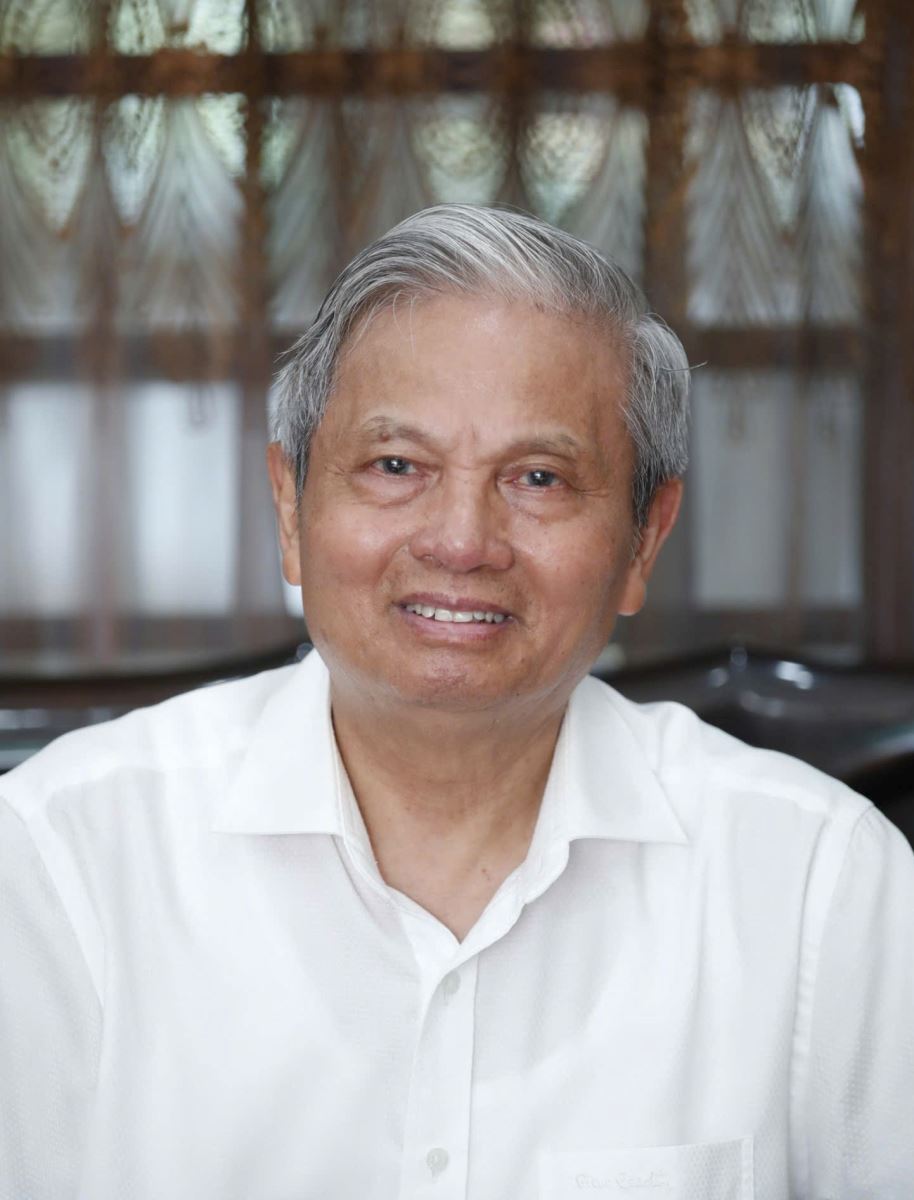
Former Minister Le Doan Hop - Photo: Tuan Minh
Eight decades since the historic Autumn of 1945, Vietnam has gone through a turbulent but also brilliant journey, with many achievements and imprints. Looking from a general perspective, we can see the country's development picture clearly emerging in five major aspects, namely the "very bright" economic picture, when the country has gradually escaped poverty and backwardness, gone through the fierce war years, and strongly risen in the renovation process. In terms of diplomacy , it shows that the national spirit and position have been affirmed; in terms of national reconciliation, after going through war and division, Vietnam has persistently healed and consolidated the great national unity bloc. 54 ethnic groups are closely connected, sharing the same aspiration to build the country, creating endogenous strength. In terms of technical infrastructure development, there has been clear and synchronous progress in six areas: transportation, irrigation, electricity, information technology, ports and airports, creating a foundation for rapid and sustainable development for the future.
In particular, the cultural landscape has made significant progress, reflected in the work of preserving and promoting traditional cultural values, while absorbing the quintessence of human culture. Many tangible and intangible heritages of Vietnam have been recognized by UNESCO; cultural and artistic activities are increasingly diverse, meeting the people's needs for enjoyment and creativity.
From a historical perspective, culture as the spiritual foundation of society has always accompanied the revolutionary cause and national development. The spirit of "Culture must light the way for the nation" affirmed by President Ho Chi Minh from the early days of the country's founding remains intact. Looking back at the country's cultural development over 80 years, it can be seen that during the resistance war against the French, culture became the spiritual torch leading the entire nation. From songs, plays, and literary works aimed at promoting patriotism, to the popular education movement to eradicate illiteracy, all have contributed to lighting up the will for independence, sowing in the hearts of every citizen the belief in certain victory.
Entering the period of resistance against the US, the image of "singing drowning out the sound of bombs" has become a symbol of Vietnamese cultural character. In the midst of war, music , poetry, and painting are not only arts, but also spiritual weapons that nurture optimism and the will to win. This is the factor that makes the difference from the great powers that often measure strength by population, GDP, or modern weapons. However, Vietnam defeated many great empires thanks to its cultural strength, which is the strength of the people, the internal strength of the Vietnamese people.
After the 6th Congress (1986), our Party clearly identified: Focus on building an advanced culture, imbued with national identity, inheriting and promoting good traditional values, selectively absorbing the quintessence of human culture... This viewpoint not only affirms the importance of culture in social life, but also focuses on preserving and promoting the traditional values of 54 ethnic groups. From the characteristics of language, customs, beliefs, to art forms, folk literature... all contribute to creating a colorful cultural picture of Vietnam.
Now, entering the preparation phase for the 14th Congress, the thinking on cultural development continues to be raised to a new level. Culture is respected, becoming one of the main pillars for the country's sustainable development.
After 80 years of construction and development, looking back on the past, it can be affirmed that the achievements we have today all mark the great and worthy contributions of the Cultural sector.
However, the problem now is to set higher expectations for cultural development. Because culture is the measure of a nation's morality. Reality shows that currently, social morality is deteriorating, requiring the "cultural battlefield" to be consolidated and strived for more strongly. In particular, it is necessary to focus on building the culture of the ruling Party. It is time to prioritize the selection of cadres in terms of cultural qualities. A cultured cadre must possess three factors: good behavioral culture, high intellectual culture and standard material culture. When the leader possesses these qualities, culture will spread strongly. To achieve this goal, there needs to be deep concern from the Party and the State, at the same time, all levels and sectors must participate in a more synchronous and drastic manner.
Celebrating the 80th anniversary of the establishment of the Cultural sector, which is also the 80th anniversary of the founding of the country, we must further imbibe and learn from the moral example of President Ho Chi Minh, whose core is crystallized in four simple but profound words: "Love the country, love the people". Ho Chi Minh's culture, with its exemplary humanistic, intellectual and moral values, needs to continue to be strongly spread throughout society, becoming a great spiritual resource for the cause of building and defending the Fatherland.
In recent times, with the achievements of the culture, sports and tourism sector, including the Ministry of Culture, Sports and Tourism advising on organizing the National Cultural Conference to implement the Resolution of the 13th National Congress of the Party on November 24, 2021 - contributing to enhancing the position and role of culture in sustainable development; advising the Government to submit to the National Assembly for approval the Resolution on investment policy for the National Target Program on cultural development for the period 2025-2035. This is a testament to the fact that the culture sector has done many great things, contributing to the cause of national development.
In particular, major festivals in recent times have been organized quite well, contributing to promoting the image and cultural values of the country. However, to promote long-term effectiveness, the cultural sector needs to be more proactive in planning and orienting festival activities from the local to the central level. In reality, organizing too many festivals at the same time can easily lead to dispersion, waste, reduce the spread and not create depth in fostering the cultural identity of ethnic groups. In the current context, when the scale of communes and provinces has expanded, it is necessary to review and clearly identify how many festivals each locality should maintain, which festivals they are, thereby focusing resources on organizing, enhancing quality, having high convergence and deeper cultural values.
The management and promotion of historical and cultural relics must be carried out systematically, and must be associated with the task of traditional education. Each relic is not only a historical evidence, but also a lesson with educational significance, guiding the younger generation. Therefore, it is necessary to focus on teaching, helping the younger generation understand and be proud of the history and tradition of the struggle to build and defend the country of our ancestors.
In addition, it is necessary to continue training a team of cadres with courage, intelligence and a solid cultural foundation, capable of shouldering important responsibilities in the cultural field. If these things are done well, it is hoped that the cultural sector will develop better and more synchronously.
It is time for the Party and State to pay more profound and comprehensive attention to the cultural sector, placing culture in close connection with the economy and the environment. Investment in economic development must go hand in hand with commensurate investment in culture and the environment, ensuring harmonious and sustainable development. In addition, to bring cultural development on par with the economy, the Ministry of Culture, Sports and Tourism needs to proactively advise the Party and State on policies and strategic guidelines to comprehensively promote the cultural sector. Doing this will be a worthy step, in line with the requirements and development stature of the country in the current period.
AN NGOC summary
Source: Literature and Arts Magazine No. 615, August 2025
Source: http://vanhoanghethuat.vn/80-nam-nganh-van-hoa-dong-hanh-cung-su-nghiep-cach-mang-va-phat-trien-dat-nuoc.htm



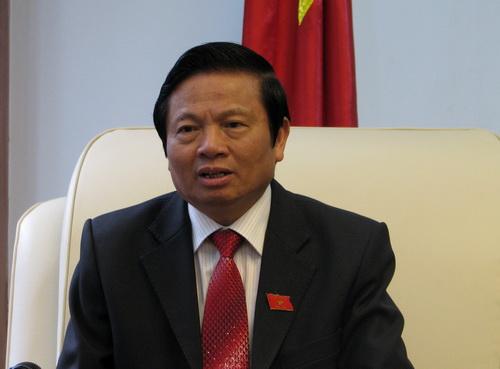

![[Photo] President Luong Cuong attends special political-artistic television show "Golden Opportunity"](https://vphoto.vietnam.vn/thumb/1200x675/vietnam/resource/IMAGE/2025/8/22/44ca13c28fa7476796f9aa3618ff74c4)

![[Photo] President Luong Cuong receives delegation of the Youth Committee of the Liberal Democratic Party of Japan](https://vphoto.vietnam.vn/thumb/1200x675/vietnam/resource/IMAGE/2025/8/22/2632d7f5cf4f4a8e90ce5f5e1989194a)
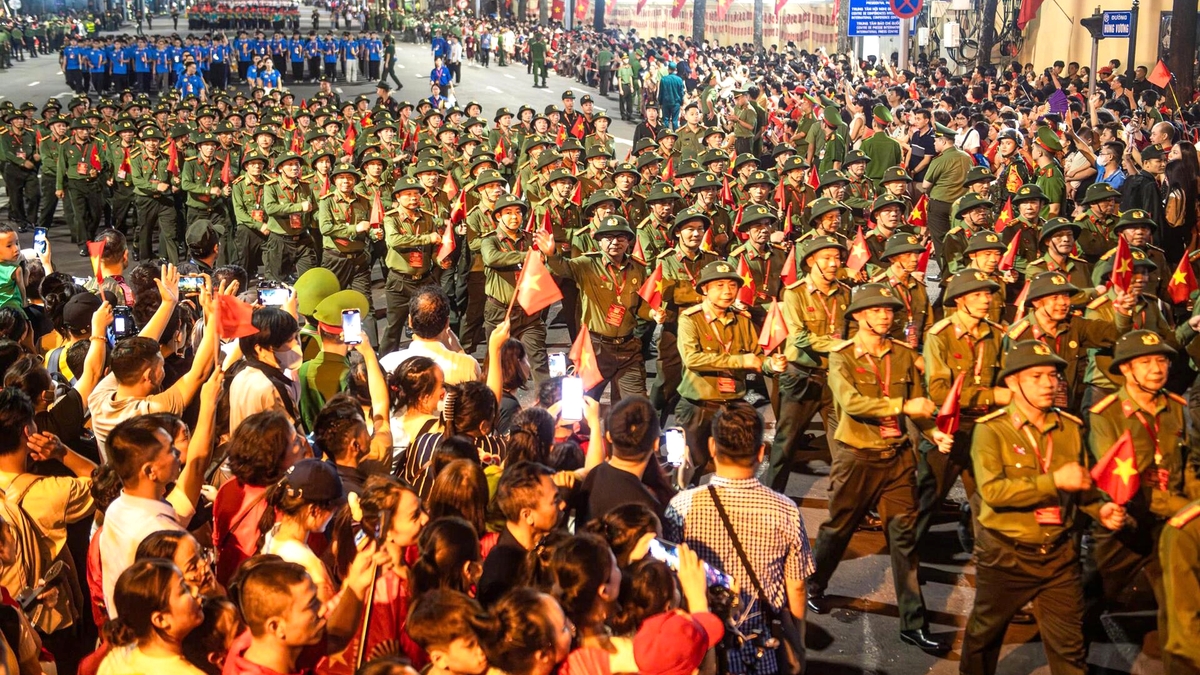
![[Photo] Prime Minister Pham Minh Chinh chairs the conference to review the 2024-2025 school year and deploy tasks for the 2025-2026 school year.](https://vphoto.vietnam.vn/thumb/1200x675/vietnam/resource/IMAGE/2025/8/22/2ca5ed79ce6a46a1ac7706a42cefafae)
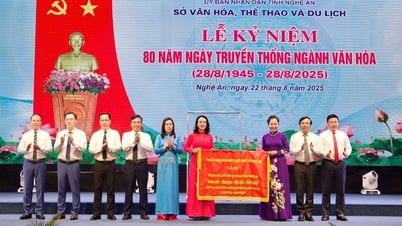



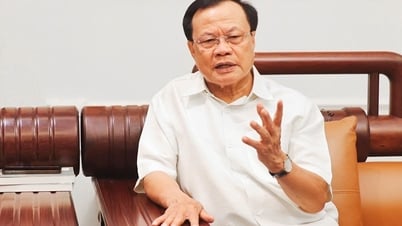
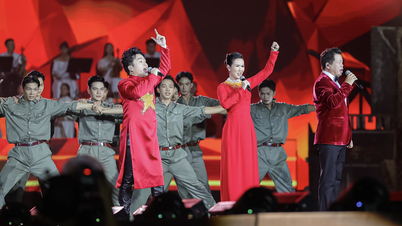

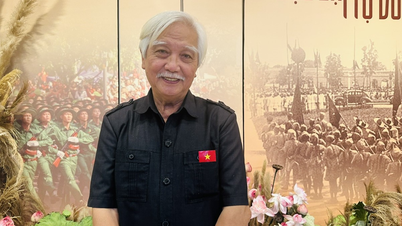
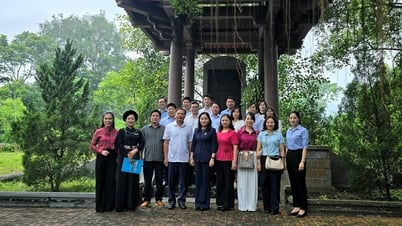
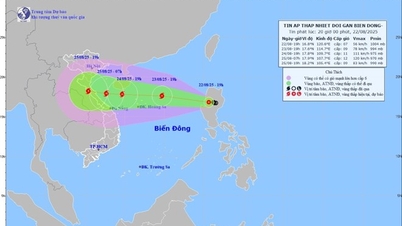

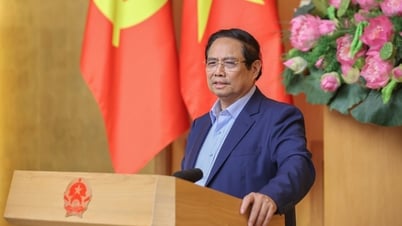











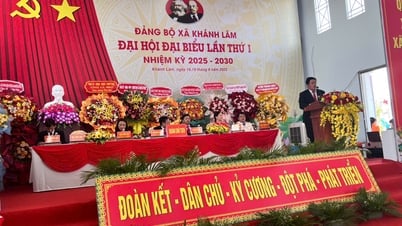

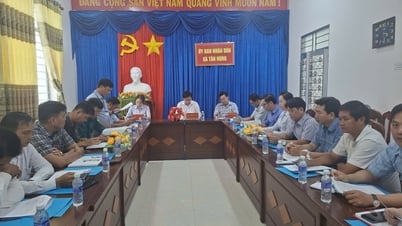
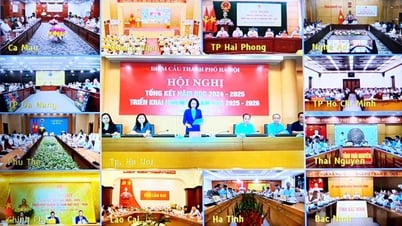
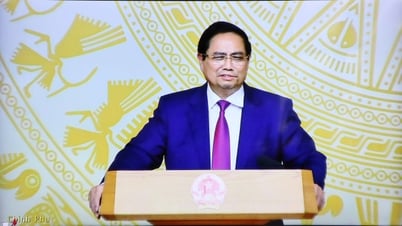
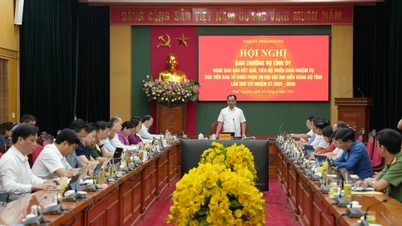





























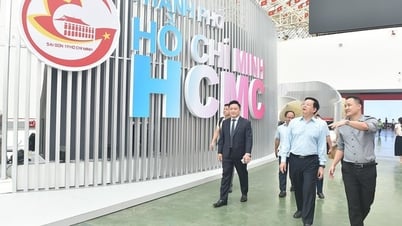

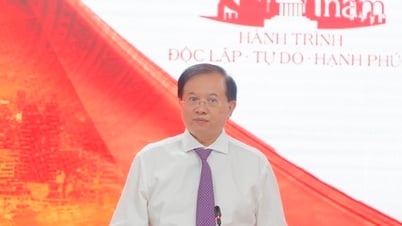
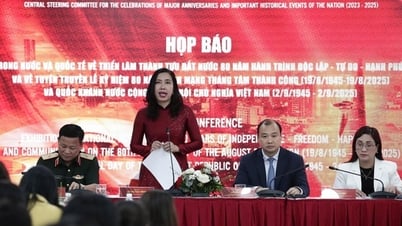
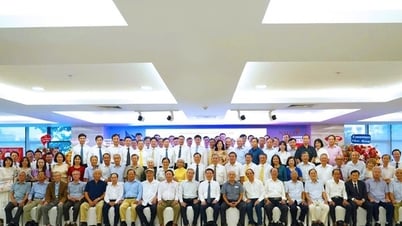

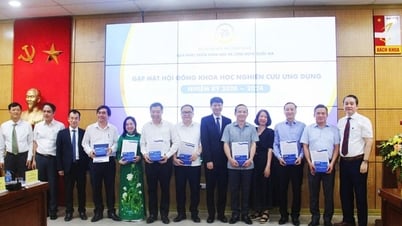

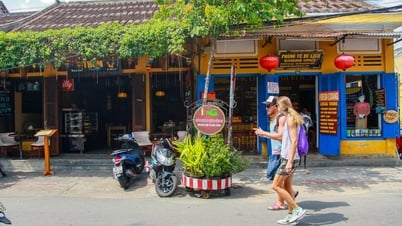


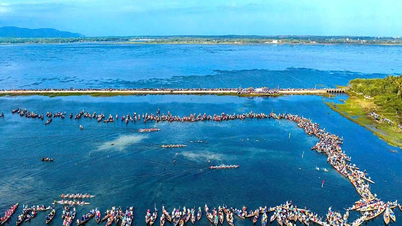

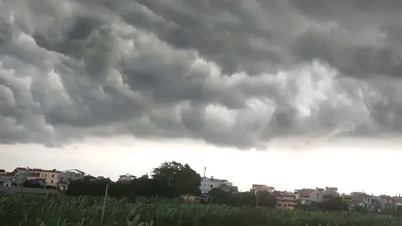
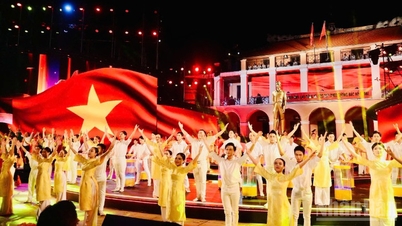
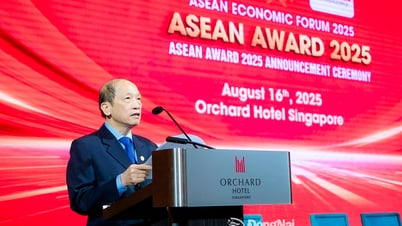















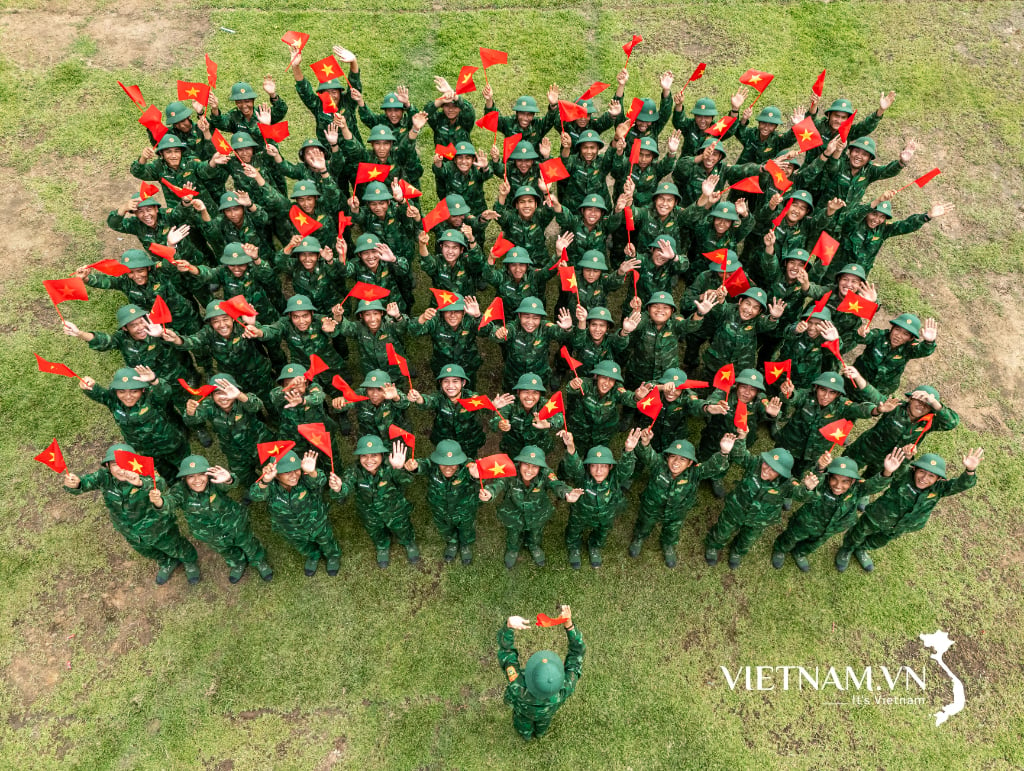
Comment (0)